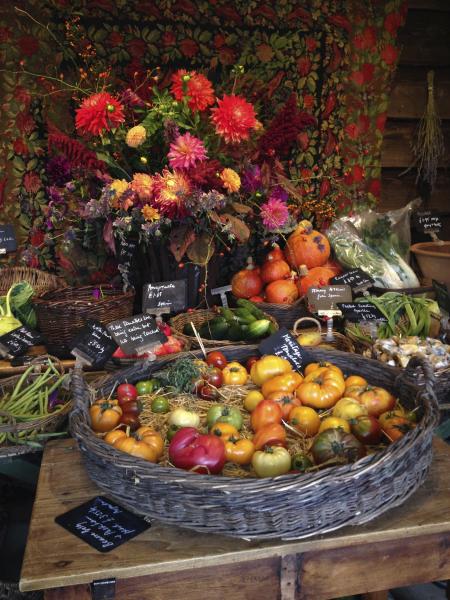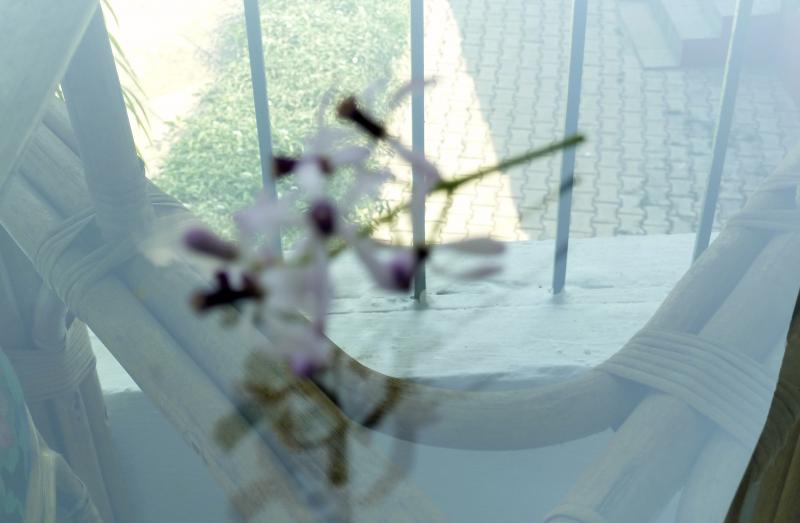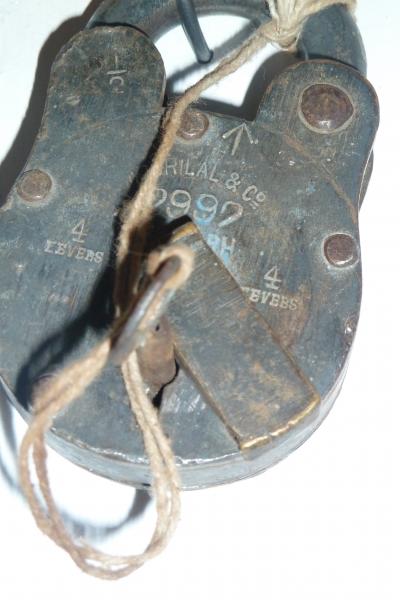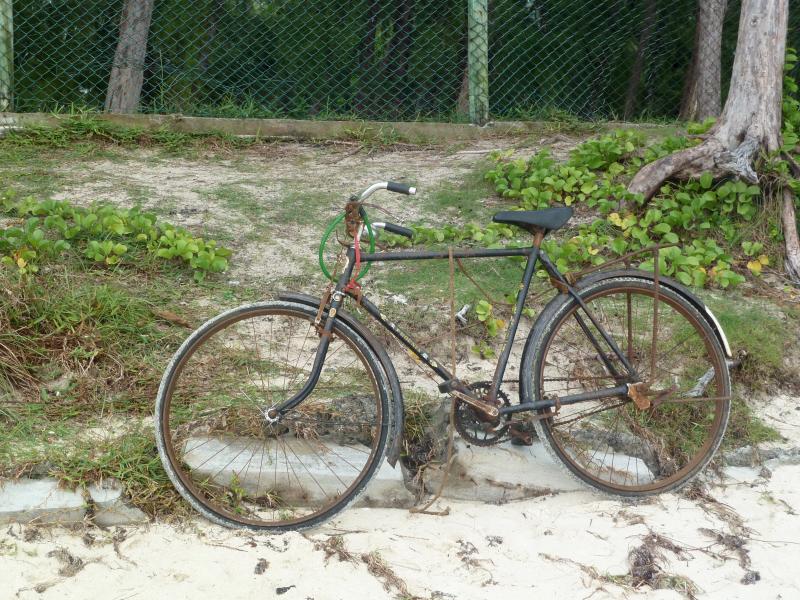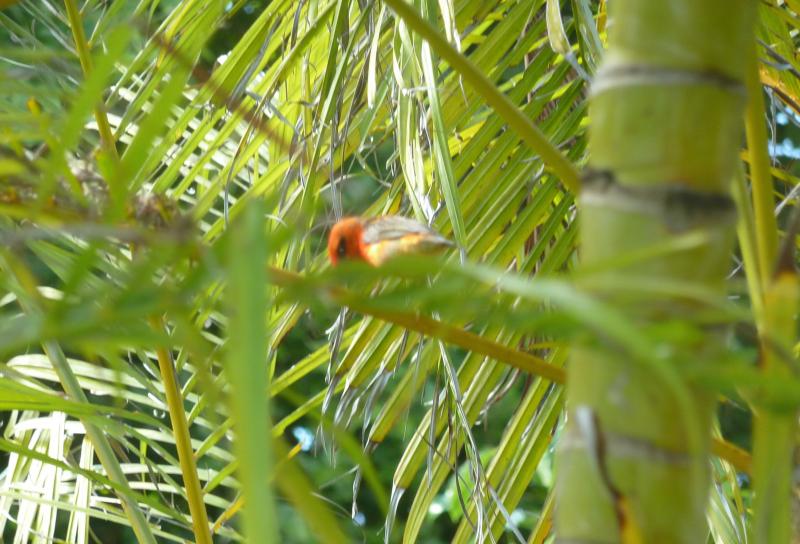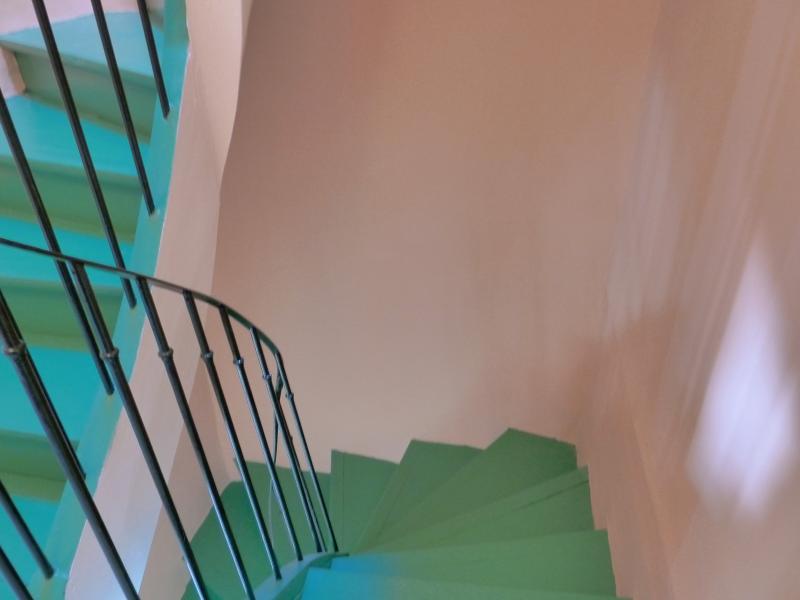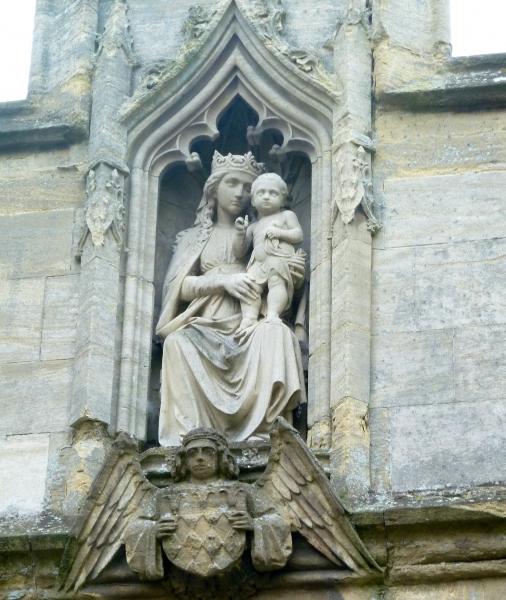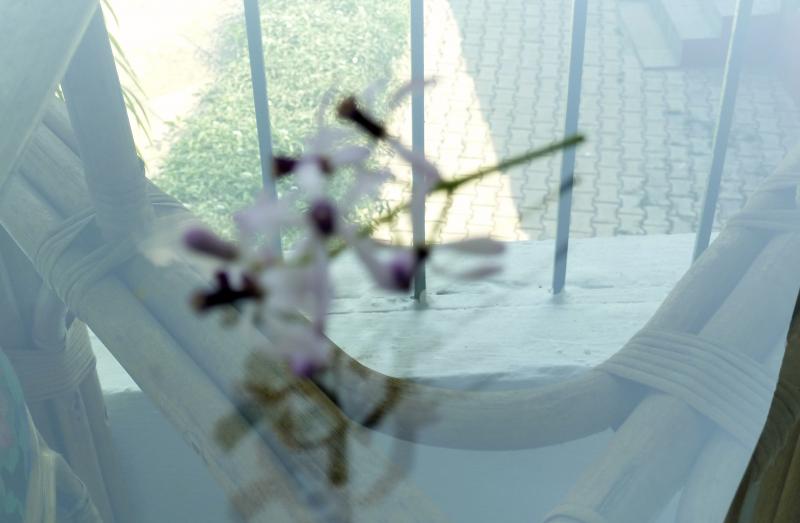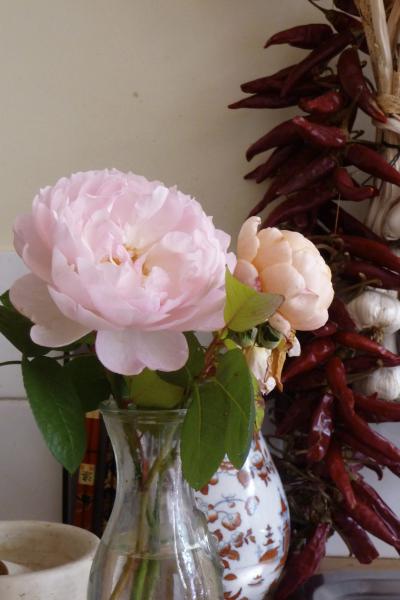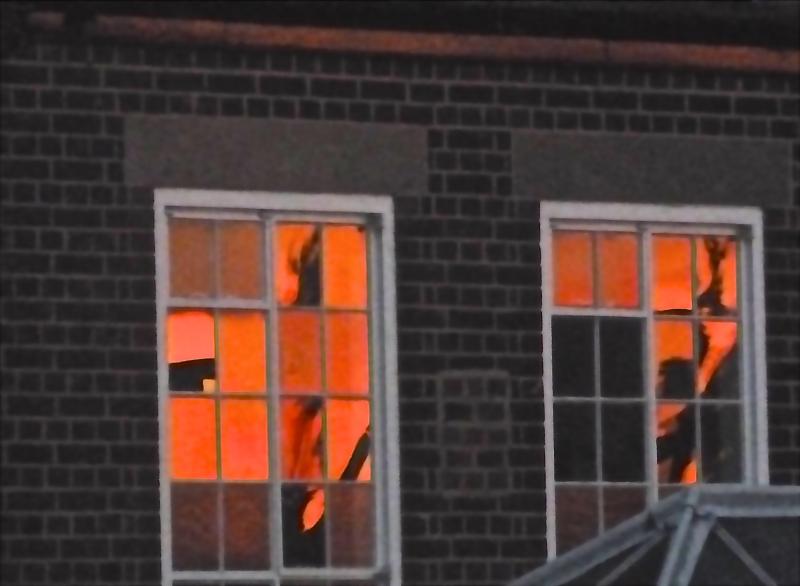
For Marcel Proust it was enough to remember a childhood cake dunked into a cup of tea to light the fire that would become ‘In search of lost time’. For Gerald Brenan, that cake was “several large pieces” of turrón from Jijona. He tried it when he was ten, when his grandmother and mother brought some back for him as a gift from a month-long trip they had made to southern Spain and, 14 years later, that recently qualified young officer in the British Army tasted again in his memory the turrón that he had been given by the women of the house, and he set off for Malaga after giving his parents the unwelcome news that he had abandoned his military career to carve out an uncertain future as a poet beside the Mediterranean Sea.
The village being a village is, naturally, a hive of gossip that buzzes with activity. The inhabitants of the hive feeding continually during their social rounds, return home to explore possibilities of a slightly different permutation on what they picked up. It’s what humans love doing- making up stories to tell around the fire.
“Gavi is a rich man with many houses, land and money. He likes playing at being a peasant, with his avocado and lemon and orange trees and his jars of honey but he only does it to amuse himself.”
He was a likeable little man with a tanned skin and pale eyes diligently hoeing his beds with his back to the road. His soil yielded lettuce, broccoli, potatoes, tomatoes, kumquats, garlic, onions, courgettes, papaya and small sweet chirrimurra, or custard apples, what we call sharifa in India. Often his daughter Lucia was in the shed that served as a shop and she spoke enough English so one could have a conversation. I always got a warm welcome and paid tiny sums for fresh, organically produced food. Sometimes I could buy a bottle of dark green olive oil, a litre for 5 euros which is nothing for that quality. Sometimes when I had no change I was waved away with a “Manana, manana.”
Gavi’s patch of farmland rested in the shadow of a sprawling urban development which had been constructed to make a lot of money for the developers. There was a strange potpourri of housing styles, from Granada Moorish/Alhambra pastiche to Californian condo, petite ranch houses to colonial bungalow and many had been bought by sun-seeking Irish retirees. To their horror, and the trashing of their life savings, their dreams collapsed- a bit like Sodom and Gomorroh- with the rock underneath opening and swallowing up their king sized beds, leatherette sofas, their American fridges and their coffee makers.
The village joined in the lamentations. “We all knew the ground was unstable, we told the town planners about it; the shepherds knew, the old timers knew, everyone knew.”
The developer was in it with his brother from Granada where they ran a big construction company. He looked at the damage, at the cracks that ran from ground to roof, the roads that connected the houses which were now like an earthquake zone, at the uprooted Spanish pines and broken flower pots of bougainvillea and he ran away from the imprecations and sobs of the folk who had retired from Galway and Tralee, from Connemara and Dublin itself. This rascally man, let’s call him Pablo, hastily declared himself and his many business concerns bankrupt, so when they came for him he could turn his pockets inside out and declare himself a poor beggar fellow. Nevertheless the sentence passed was 4 years in jail, which for unfathomable legal reasons he never served.
In broken Spanish I asked Gavi, the farmer, if he knew this Pablo who had got away scot free. The village hive had whispered that Pablo had even sold a large house to his best friend, which like the other houses had fallen down.
“Do you know Pablo?”
Gavi looked blankly at me. No, he indicated he had no idea what I was hinting at.
But then I heard that Gavi originally owned the land that was said to move. He could have sold the land knowing its problems.
“Bad construction,” he pointed in the direction of the ghost township. He shook his head. “Bad construction.”
The next time I went to buy lemons Gavi came stumbling down the hill on his stick. Last year he had a new hip and a new knee. He fitted his key in the shed door but it wouldn’t turn. I suggested oil, which didn’t do the trick and neither did a claw hammer.
“Lucia is coming, she will be here soon”, he said after phoning his daughter.
He kept trying different ways to budge the door- a wedge, a jemmy- but the it remained firmly shut.
After about twenty minutes a young girl came through the gate. It wasn’t Lucia, but her English was pretty good. She said her name was Zara and she was Gavi’s granddaughter. With her help her grandfather pulled up a stepladder and painfully squeezed himself through the window and was at last able to open the stubborn door. It turned out the latch had got stuck.
Zara had a short boyish crop, pale skin, dark eyes like a Goya mujer and would have been pretty if she had shown some animation, but her features remained passive and unresponsive to questions.
“Are you at school?”
“No I dropped out of university. I am twenty three. The professors were so stupid, I got fed up with it all.”
“So what are you doing?”
She shrugged, looking bored. “Studying to be a horticulturalist.”
“You are not Lucia’s daughter then?”
“She is my aunt.”
“How is she? I haven’t seen her for many months.”
Zara shrugged again. “She has cancer. She gets very tired.”
I left feeling rather sorry for this girl who seemed to be so unhappy.
Gavi, for all his wealth and his work in the sunshine, had a much more complicated life than I would have imagined when I watched him go up and down the hill in his small red beat-up car. The vegetables and fruit ripening in the sun, waiting to be sold in the dark shed. The shed could only be opened with a key and sometimes it didn’t work. He must have been a young man in Franco’s time. Which side did he support? I didn’t dare ask.
The road verges were green and lush with buttercup oxalis, its first lemony coloured flowers perking the hillsides when I cycled up the hill to buy some garlic.
Lucia was serving behind the rickety table but I nearly didn’t recognise her because she was puffy and red eyed and her eyebrows had gone. On her head she had a curious strawlike wig which would have looked better on a scarecrow. Did she not look in a mirror? On the other hand it was probably better not to look. What could she possibly have done to improve her appearance? Well, I thought, for a start she could have found a better wig.
Losing one’s hair must be the most depressing cosmetic change that could happen. Someone related to me had also started wearing a wig- quite an unflattering one- and not only her appearance but her personality had changed since then. Something unbecoming rose to the surface like an impurity: a mixture of aggression, anger, self-pity. I didn’t know what to say to her and everything I said sounded wrong. Her wig was the elephant in the room. We couldn’t joke about it, I couldn’t express sympathy. She had chosen a bargain basement job and it was a false economy. Perhaps it was a denial or the equivalent of sackcloth and ashes, a public mourning.
Down in the village my friend Maria had been on the phone to her friend who knew Gavi and Lucia and her sister, Zara’s mother.
“I am not fond of Zara’s mother,” said Maria with a slight grimace. Maria runs a stationer’s shop in the village and I buy my notebooks and pens from her. “She lives off her father and I am told that Zara wants to be a boy.”
So that explained the unhappiness. An unhappy mother and a depressed daughter.
Maria doesn’t think there is anything strange about the number of young boys and girls who think they are born in the wrong body. “It’s always been like that. Look at the number of homosexual priests and nuns some of whom are paedophiles. Me, I am not religious. If I was to be anything I might be Buddhist.” Of course, a partiality to Buddhism is the default position of people who have decided they have no interest in religious traditions. And to find a believing Catholic in Spain must now be the equivalent of looking for a needle in the proverbial haystack. And just this week Spain has passed a gender law allowing anyone over 16 to change their gender, so perhaps there is an inordinately high demand for this right. The law was passed by 191 votes in favour with 60 against, an overwhelming majority with 91 abstentions.
I have just finished Gerald Brenan’s classic, The Face of Spain, which is not only an account of a return journey made by him and his wife in 1949, but observations about the Spanish character and the social landscape after the much romanticised Civil War. In the opening chapter where he describes the terrible poverty of ordinary people, a guide in Malaga points to a gold crown made for the Virgin of Almudena at a cost of 3 million peseta.
“And only a few hundred yards away, he added, men and women are dying of starvation. When they ask me why `I don’t go too, I neither bother God nor offend him. You see, I imagine the world as a ship sailing through space; it is likely that the ship has a captain, but I don’t know him.”
In a country of churches decorated with Baroque admonitions, a past that carries the stigma of the terrible Inquisition and a priesthood that often supported the excesses of Franco, its difficult to find an atmosphere of belief. It reminded me of the time when I went out of curiosity to see an Indian guru in Barcelona and how astonishing it was to see the very long queue waiting for numbered tickets to meet the holy one. And the rather comic moment when I saw a bare chested, pig-tailed Spanish devotee, cross-legged and apparently in deep meditation before a wooden crate of olives that had been harvested on the lucrative farm owned by the revered guru.

Gerald Brenan’s book is not only an invaluable picture of the past but also a guide to aspects of Spanish culture that do not reveal themselves to the outsider and some priceless throwaway lines such as: “To a caballero, other peoples’ opinions do not matter, for other people scarcely exist, but to have a good opinion of oneself- that is what is important.”
His critique of El Greco, the Greek painter who worked in Toledo, is superb. He describes El Greco’s portrait of the Apostles:
“They electrify us with their air of supernatural intelligence. Their glance seems to have taken in the whole of celestial mathematics- and the light that falls on them- the steely morgue-like light of the visionary who found no use for the Spanish sun! He saw things with his Levantine eye that the Spanish with their intellectual timidity and their self-punishing realism were incapable of seeing.”
Brenan was in a long line of English adventurers, but unlike George Borrow he could not romanticise the country he loved with a passion.

St John the Evangelist













